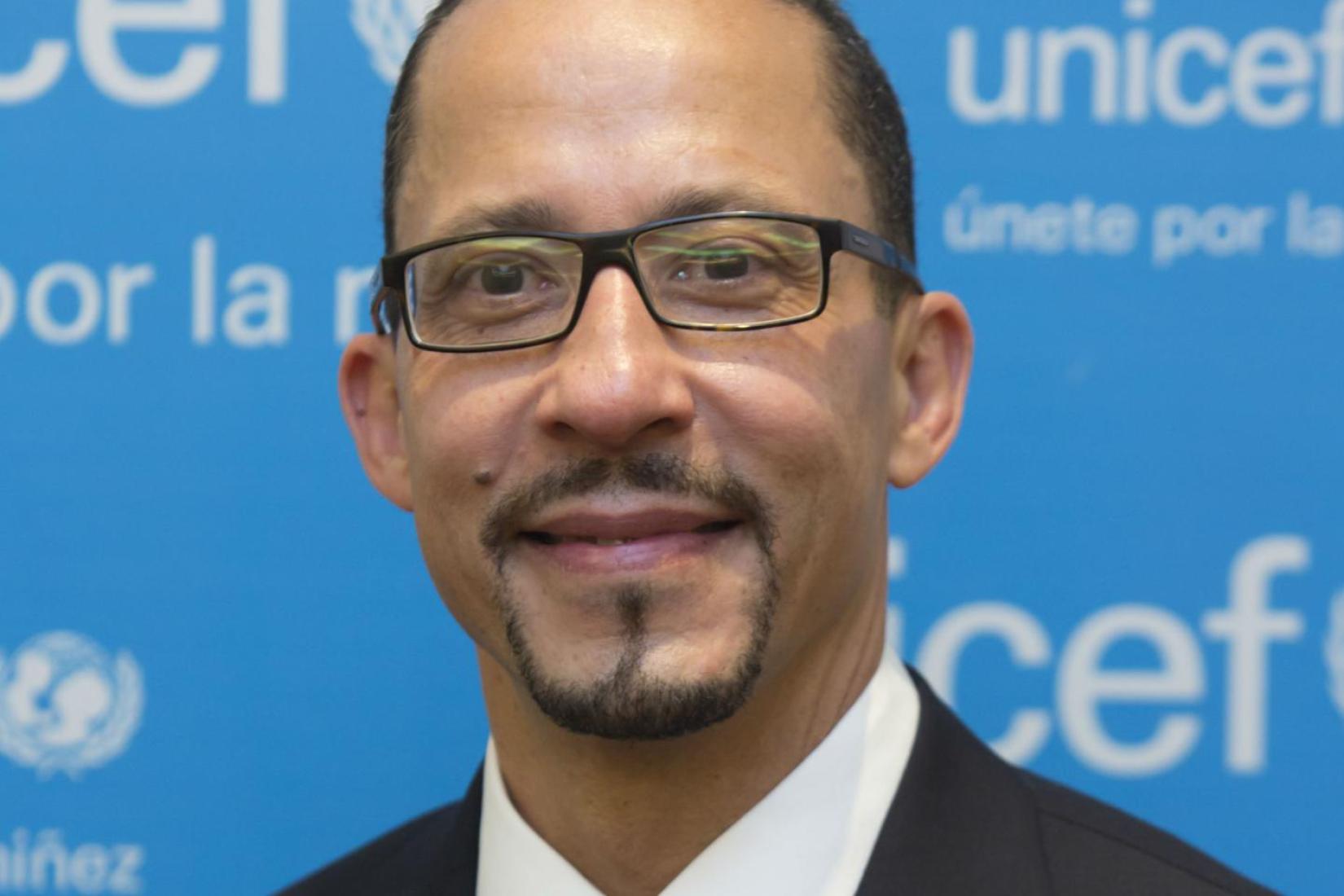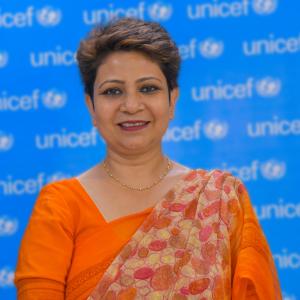Why it’s still important to get vaccinated against Covid-19
16 May 2022
Currently, less than 21 per cent of the total eligible population (over the age of 18 years) has been fully vaccinated, a far cry from the global goal of reaching 70 per cent by mid-2022.

The Ministry of Health is launching the fourth national vaccination campaign against Covid-19 on 9th May, and this represents an excellent opportunity for the country to rapidly increase vaccination coverage. Currently, less than 21 per cent of the total eligible population (over the age of 18 years) has been fully vaccinated, a far cry from the global goal of reaching 70 per cent by mid-2022. This campaign is relevant because, for the first time, children over the age of 12 years will be vaccinated, representing an important decision by the Ministry of Health to protect this highly vulnerable group with safe, efficacious and approved vaccines. In addition, the campaign will administer three types of vaccines not only at fixed sites, such as health centers, but also in communities using a variety of social mobilization and communications strategies involving community and religious leaders, public and private media houses and social media platforms. So, if you wish to get that much desired booster shot, this is your chance.
The Gambia is at a crossroads when it comes to Covid-19 vaccination. On the one hand, the country possesses a significant arsenal of vaccines, generous funding has been made available by development partners, national and regional plans have been developed and a modern ultra-cold chain facility has been established that can store up to 1.7 million vaccine doses at any given point. The country has demonstrated that it can implement these campaigns successfully with good planning, coordination and leadership by the Ministry of Health, other sectors of government, the private sector and civil society. In other words, lack of resources is not the key challenge to reaching the afore-mentioned goal.
On the other hand, however, the combination of several factors conspires against reaching this goal, including: a historically low load of positive cases since the pandemic began (generating the false impression that the pandemic is over); a wrongful perception that in some countries Covid-19’s impact has been less severe than originally anticipated; a pervasive and persistent vaccine hesitancy fueled by misinformation; the progressive relaxation of control and prevention measures in many countries (only made possible by high rates of vaccination); and, lastly, an assumption (not necessarily far-fetched) that a large swathe of the population in The Gambia and other African countries has already been exposed to the Covid-19 virus, thus acquiring some immunity.
But Covid-19 continues to impart significant damage on the most vulnerable, as noted by a recent UNICEF-World Bank study showing that at least two thirds of households with children have lost income during the pandemic. Thus, it is imperative that we address these issues head-on and remind ourselves that we are still not out of the woods. As demonstrated by the omicron variant, and its subsequent mutations, Covid-19 is indeed a wily and unpredictable adversary, but science and public health demonstrate that vaccination represents the best roadmap to reach normalcy, protect our health and save lives. Yes, surges and spikes will occur, but the more people are vaccinated, indeed, the sooner we reach herd immunity, the less likely the probability that these will be similar to the waves experienced in 2020 and 2021. So, yes, it is still necessary to get vaccinated against Covid-19. It is the smart thing to do.
Perhaps the most important message to the vaccine hesitant, the unconvinced and those mulling whether getting the vaccine is worth the effort and still necessary – if you are vaccinated and you get infected, you will only have mild symptoms and save yourself a trip to the hospital and, better yet, avoid your name appearing on the next obituary notice. It is worth noting that preliminary data from the Edward Francis Small Teaching Hospital corroborates that most Covid-19 admissions during the omicron peak were amongst the unvaccinated.
With your help, with your decision to get vaccinated, with your motivation of others to get vaccinated, we can get to 70 per cent! Let’s do this Gambia!

Ms. Nafisa Binte Shafique
Prior to joining UNICEF The Gambia Country Office on December 01 2023, Ms. Shafique served as UNICEF Chief of Field Office, Bihar, India from December 2020 to November 2023. Before that, she had also served as UNICEF Chief of Field Office, Homs and Hama, Syria from 2016-2018 and UNICEF Deputy Representative in Sudan (2018-2020) and Azerbaijan (2014-2016).
Ms. Shafique has a long experience of working in the humanitarian and development sector. She started her UNICEF career as a national officer in Bangladesh 20 years ago and has since served the organization in different capacities, including as Chief of HIV and AIDS section in Kathmandu, Nepal, Chief of Adolescent Development and Participation in Kathmandu, Nepal, Head of Adolescent HIV Prevention in Lesotho, and Child Protection Officer (Adolescent Development) in Dhaka, Bangladesh.
She has also worked in other organizations, including UNFPA, Expressions Ltd. (a leading social communication agency in Bangladesh), as well as national and international NGOs like Save the Children. Her major areas of expertise are Adolescent Development and Participation, (ADAP), HIV and AIDS, Social and Behavior Change and Gender.
Ms. Shafique is a citizen of Bangladesh and holds a master’s degree in Development Studies from the Institute of Social Studies, The Netherlands, as well as in Social Science from University of Dhaka, Bangladesh.

